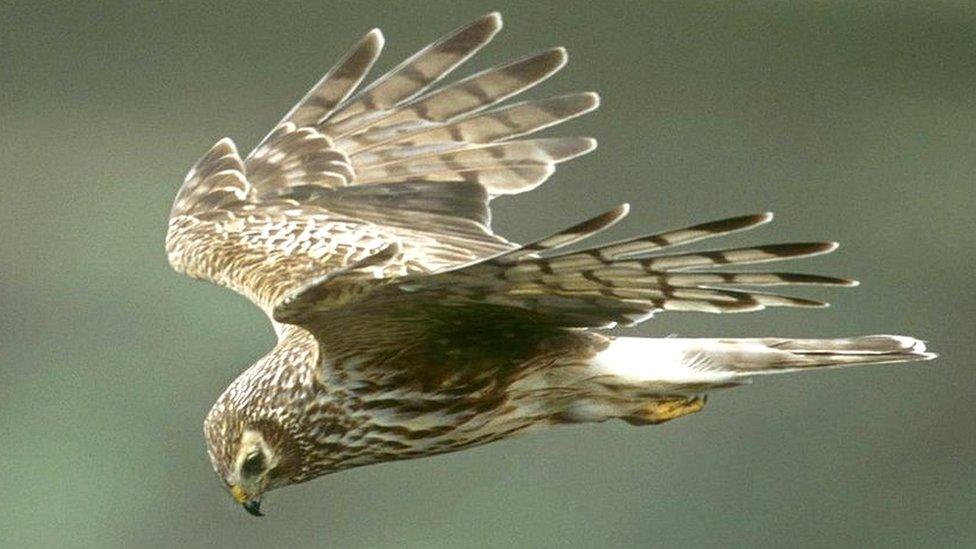Record number of hen harriers killed or missing
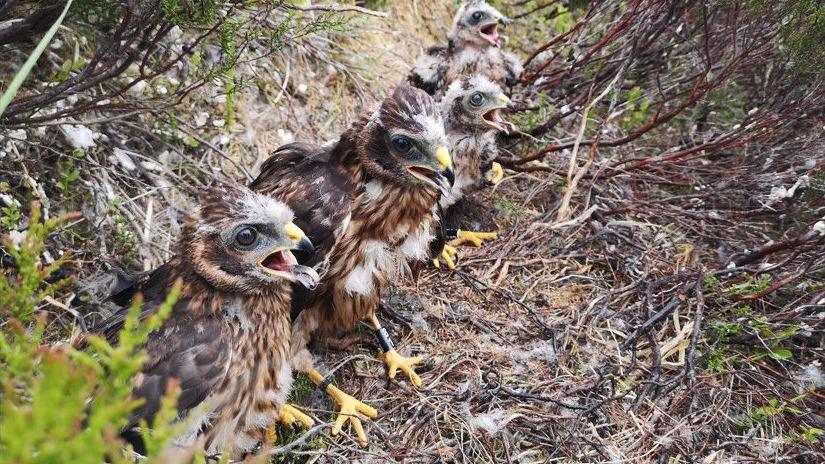
Hen harriers are at high risk of extinction, the RSPB says
- Published
A record number of hen harriers have been killed or have gone missing in suspicious circumstances over the past five years, the RSPB has said.
The protected bird species is one of the rarest in the UK, known for acrobatic "skydancing" courtship displays over the uplands, such as Forest of Bowland in Lancashire and the Yorkshire Dales.
Dr James Robinson from the RSPB called for regulation of the grouse-shooting industry after 102 birds were killed or went missing on or near grouse moors in northern England between 2020 and 2024.
The government said it was using innovative technology to help tackle illegal persecution of the protected species.
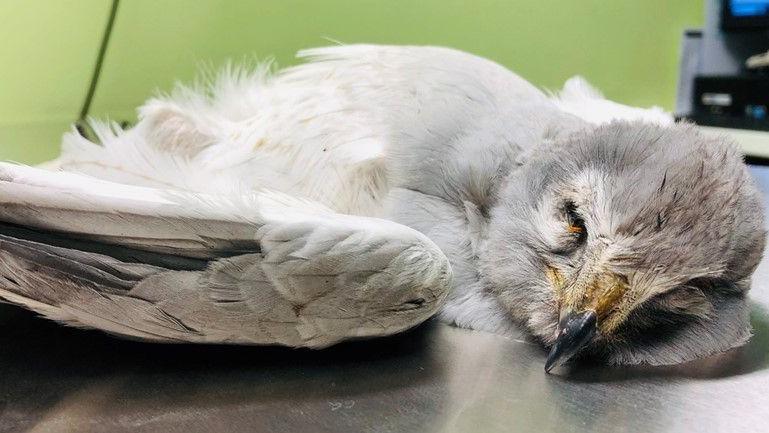
The birds are legally protected but numbers continue to dwindle
Meanwhile, the Moorland Association, which is responsible for more than a million acres of moorlands in England and Wales, questioned the RSPB's findings, saying none of those who had been convicted of bird crime were gamekeepers - who were actually working hard to help birds thrive.
Hen harriers are one of the rarest species of bird in the UK and are categorised as red-listed in terms of conservation concern.
They are considered to be at high risk of extinction because of low breeding population levels following historic declines as a result of human persecution, the RSPB said.
Despite being legally protected, several studies and reports have found that criminal activity was the main factor limiting the species' recovery.
The RSPB report issued earlier contains details of hen harriers being shot, their chicks being stamped on and one bird having its head pulled off while still alive.
Dr Robinson said: "This species will not recover until the criminal activity stops".
The charity is calling on the government to introduce licensing of grouse shooting in England, as has happened in Scotland, to act as a meaningful deterrent to wildlife crime.
It comes ahead of a parliamentary debate at Westminster Hall on Monday over the future of grouse shooting, triggered by a petition launched by campaign group Wild Justice that gained more than 100,000 signatures.
Over the last 25 years, conservationists rolled out several initiatives to support the endangered species and the population increased between 2016 and 2023.
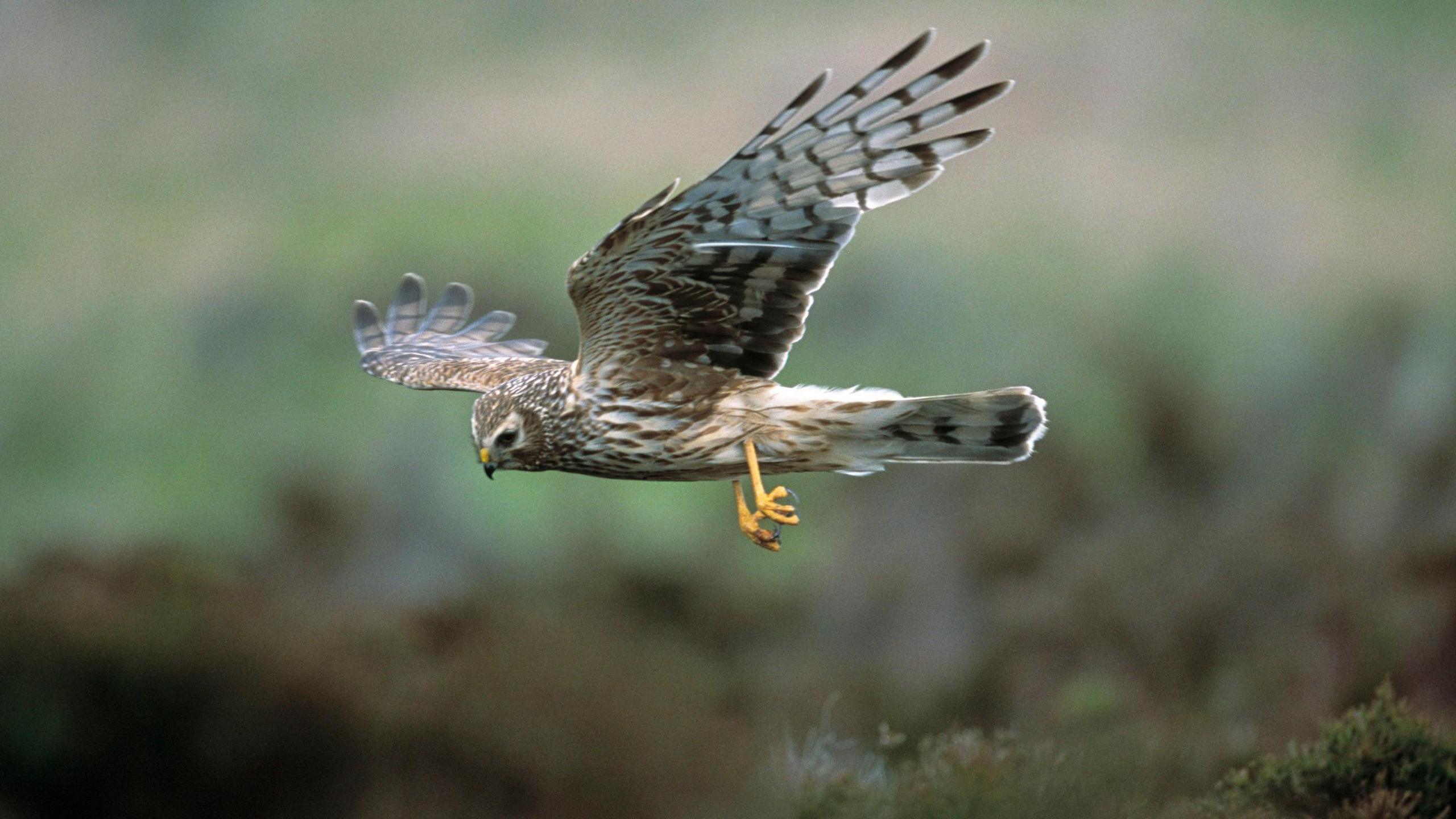
The RSPB wants grouse shoots in England to be licensed to protect the raptors
But 2023 became the worst recorded year for persecution with 34 birds confirmed to have been killed or disappeared under suspicious circumstances, according to the RSPB.
There was a 43% decline in the number of chicks fledging in 2024 when compared to 2023 figures, the report said.
The number of breeding females recorded dropped from 50 in 2023 to 34 in 2024 – a 32% fall.
It also includes 112 satellite-tagged birds disappearing on or near grouse moors between 2010 and 2024.
No-one in England has ever been convicted of an offence, the RSPB said, adding that most crimes take place in remote areas where such activity is hard to detect and the criminal burden of proof against the perpetrators is difficult to secure.
A Department for Environment, Food & Rural Affairs spokesperson said: "Hen harriers are a rare and precious feature of our national landscapes.
"It's why through our work with the National Wildlife Crime Unit, the Hen Harrier Taskforce is using innovative technology such as drones and specialised detection dogs to help tackle illegal persecution."
Andrew Gilruth chief executive of the Moorland Association, said: "This RSPB data is far from 'confirmed' and has been assembled without independent checks."
He said data from the National Wildlife Crime Unit showed of only four people convicted for bird crime last year three were falconers and one was an egg collector and none were gamekeepers.
He added: "Gamekeepers are working hard to help birds thrive."
The British Association for Shooting and Conservation (Basc), which campaigns for sustainable grouse shooting, stressed its "zero-tolerance declaration on the illegal killing of birds of prey".
It said it strongly condemned such activity, adding that it was "unequivocally clear that any member convicted of wildlife crime will be expelled".
Basc also raised questions about the RSPB's report and stressed the economic contribution of grouse moors.
Get in touch
Tell us which stories we should cover in Lancashire
Listen to the best of BBC Radio Lancashire on Sounds and follow BBC Lancashire on Facebook, external, X, external and Instagram, external. You can also send story ideas via Whatsapp to 0808 100 2230.
More like this story
- Published14 October 2024
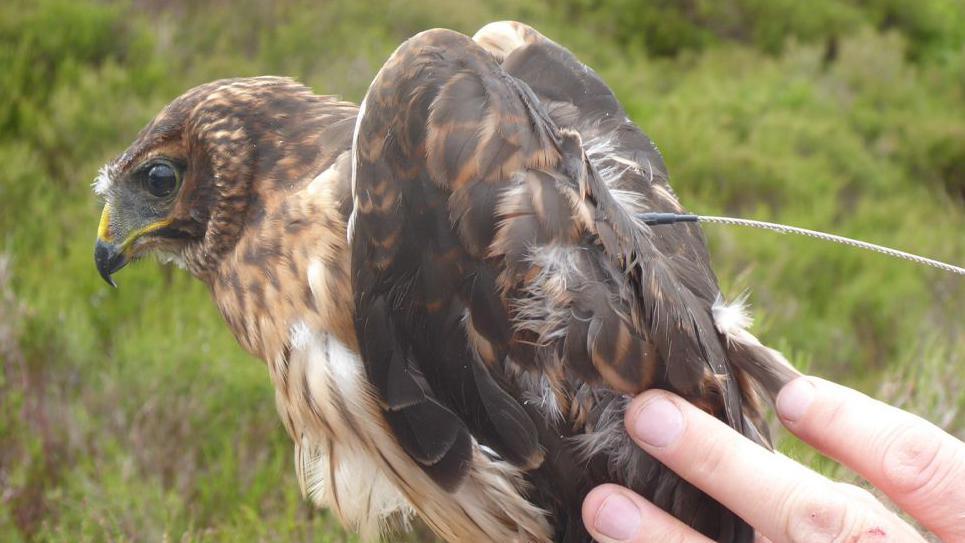
- Published21 May
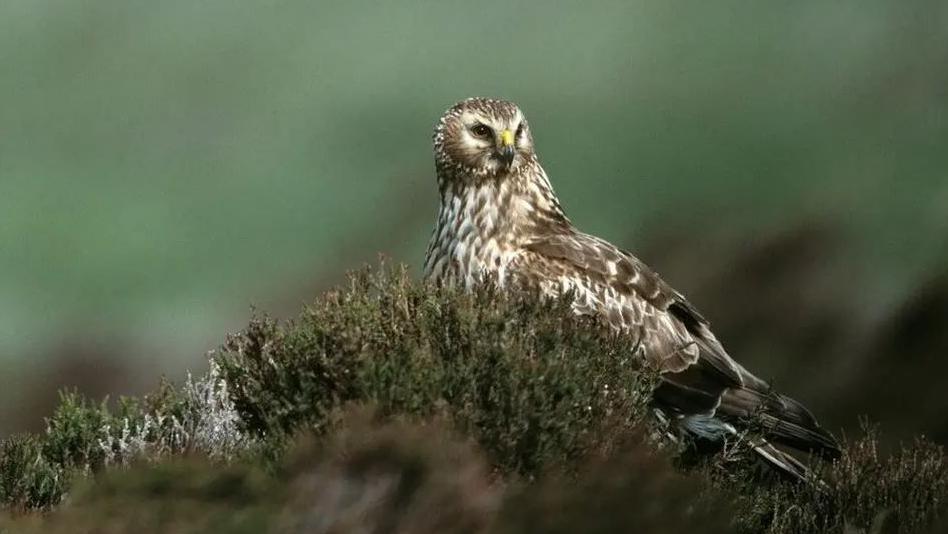
- Published25 November 2023
